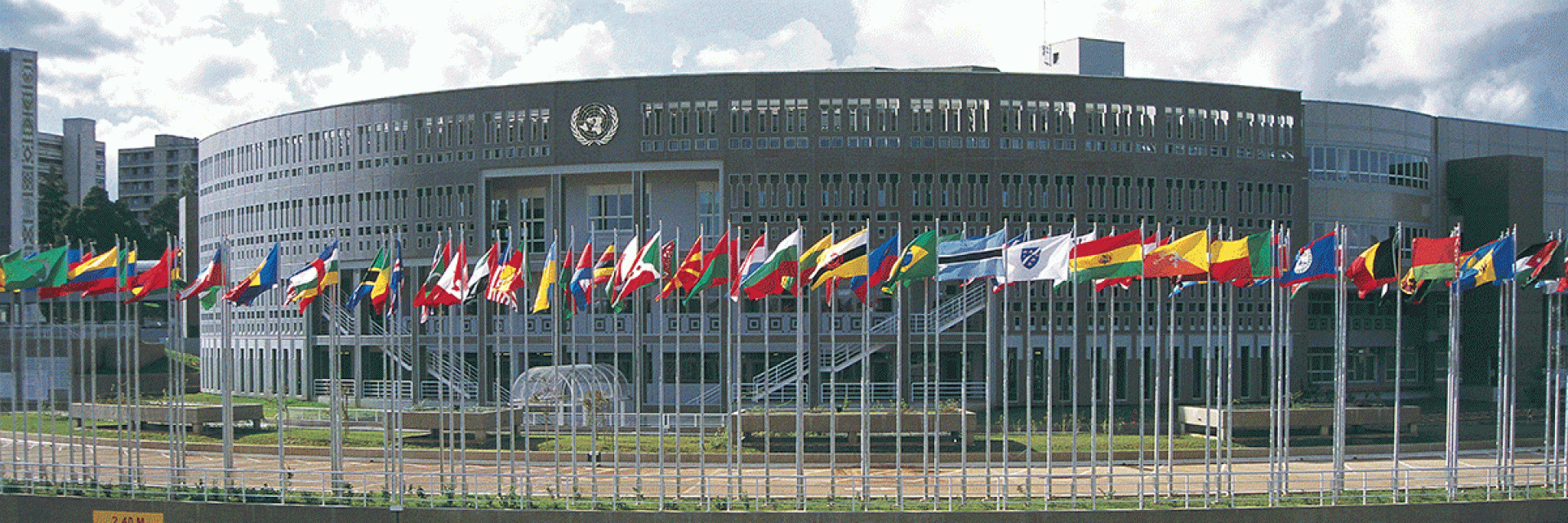- Achieving the SDGs could open $12 trillion in market opportunities and 380 million jobs by 2030. For Africa, the Africa Continental Free Trade Area (AfCFTA) provides a unique opportunity to implement the SDGs and Agenda 2063.
- The average score across all African member States was 53.82 in 2020, which is slightly higher than the 2019 average, but still implies that, after four years of SDG implementation, the African continent is only halfway towards achieving the SDG goals and targets by 2030
Addis Ababa, 28 February 2022 (ECA) - Africa has made progress towards achieving the Sustainable Development Goals (SDGs) goals and targets by 2030, according to the 4th 2020 Africa Sustainable Development Report: Accelerating Equitable and Sustainable Development in Africa launched at the 8th Session of the Africa Regional Forum on Sustainable Development (ARFSD) side event on February 28, in Kigali, Rwanda.
The report shows that African governments have made significant efforts to incorporate the SDGs and Agenda 2063 goals into national strategies and development plans, have identified government units to coordinate their implementation and prioritized specific targets and indicators.
“Overall, the average score across all African member States was 53.82 in 2020, which is slightly higher than the 2019 average, but still implies that, after four years of SDG implementation, the African continent is only halfway towards achieving the SDG goals and targets by 2030,” says the report.
The report was produced by the United Nations Economic Commission of Africa (ECA) in collaboration with the African Union Commission (AUC), the African Development Bank (AfDB), United Nations Development Programme (UNDP).
“We should celebrate the progress made by the continent: decline in maternal and child deaths, decrease in the incidents of infectious diseases, progress in primary school enrolment, increase in youth literacy, and improvement in women's representation in government, as seen in Rwanda, which is leading the path,” said Antonio Pedro, ECA Deputy Executive Secretary.
“SDGs represent tremendous investment opportunities, and the UN estimates that achieving the SDGs could open $12 trillion in market opportunities and 380 million jobs by 2030. For Africa, the Africa Continental Free Trade Area (AfCFTA) provides a unique opportunity to implement the SDGs and Agenda 2063.”
This edition of the report uses an analytical lens that places all the SDGs into five “Pillars” or clusters: People, Prosperity, Planet, Peace, and Partnerships.
An analysis of the five-Pillar shows that most African member States (especially those south of the Sahara) are not on track to meet the intended goals and targets. Furthermore, the COVID-19 pandemic exacerbated the situation, resulting in severe socio-economic impacts on the lives of millions of people.
People Pillar
Nearly 40 percent of all Africans are still living in extreme poverty. The poverty headcount remains consistently low in Northern Africa, at around 2 percent, but slightly rises from 2015. To eradicate absolute poverty in Africa (excluding Northern Africa) by 2030, the speed of reduction has to be four times higher than between 2013 and 2019.
Prosperity Pillar
Over four decades between 1980 and 2019, the economic growth (measured by per-capita income growth) has lagged behind real income growth in every sub-region of the continent, which implies that even periods of modest growth have not necessarily translated into higher standards of living for most Africans, but instead, resulted in the paradox of greater income inequality.
Peace Pillar
Based on current trends, Africa is unlikely to achieve any of its goals for peace, security and governance found in either of the two Agendas. While there are State exceptions, the slow progress in improved governance is generally the overriding drag on the Peace Pillar. There has also been a decline in democratic values, challenges in holding free and fair elections, and unconstitutional changes of government. Africa underperforms on the rule of law, with even essential governing functions—such as civil registration systems— falling short.
Planet Pillar
Although many African member States have put in place the legal and policy frameworks required to address environmental concerns, progress within this Pillar has been slow on many fronts. Seychelles was the highest-ranked in Africa, at thirty-third. Six other African States were among the top 100 States in the EPI: Egypt, Gabon, Mauritius, Morocco, South Africa and Tunisia. Conversely, 33 African States south of the Sahara were among the bottom 50.
Partnerships Pillar
The majority of African member States are not on track to take “full responsibility for financing their development Goals” as defined by either the 2030 Agenda or Agenda 2063. The analysis also reveals that Africa’s debt management situation is unsustainable. Between 2011 and 2018, Africa’s average debt ratio as a proportion of Gross National Income increased by 22.2 percent (from 34.2 percent in 2011 to 39.6 percent in 2018) or 7.2 percentage points. At the time, the debt service coverage ratio increased to 183.3 percent of gross domestic product (GDP) in 2018.
Recommendations.
The report calls for ‘higher order’ strategic approaches for pushing forward the two Agendas of the SDGs and Agenda 2063. Accelerating the pace of inclusive and sustainable development will require governments to commit to strong, proactive and responsible governance frameworks based on a long-term vision and leadership, shared norms and values; and rules and institutions that build trust and cohesion.
Issued by:
Communications Section
Economic Commission for Africa
PO Box 3001
Addis Ababa
Ethiopia
Tel: +251 11 551 5826
E-mail: eca-info@un.org

